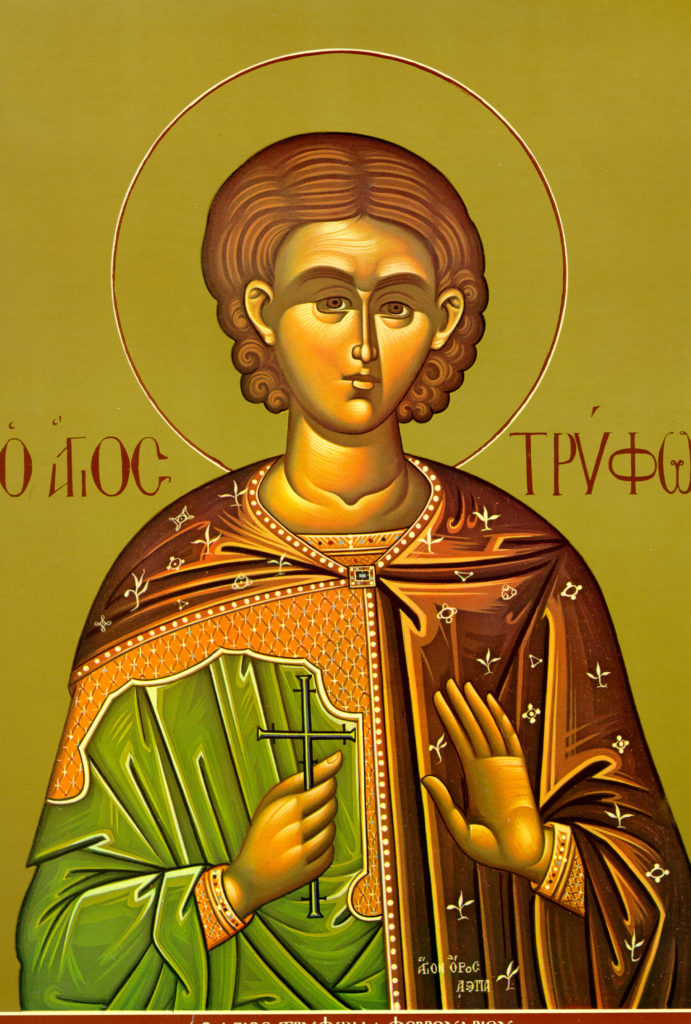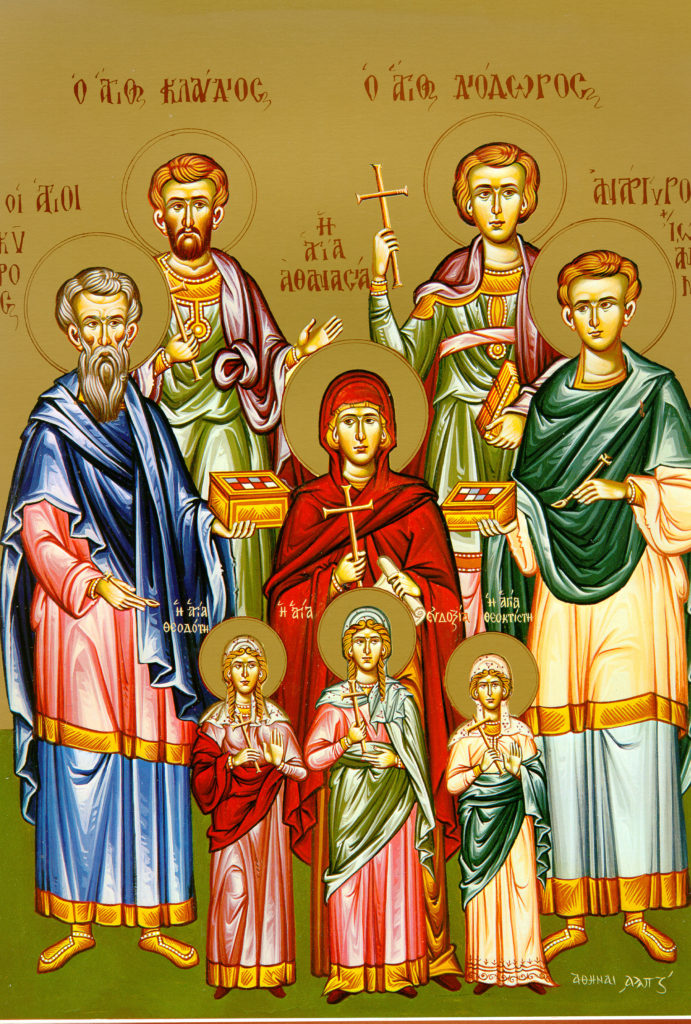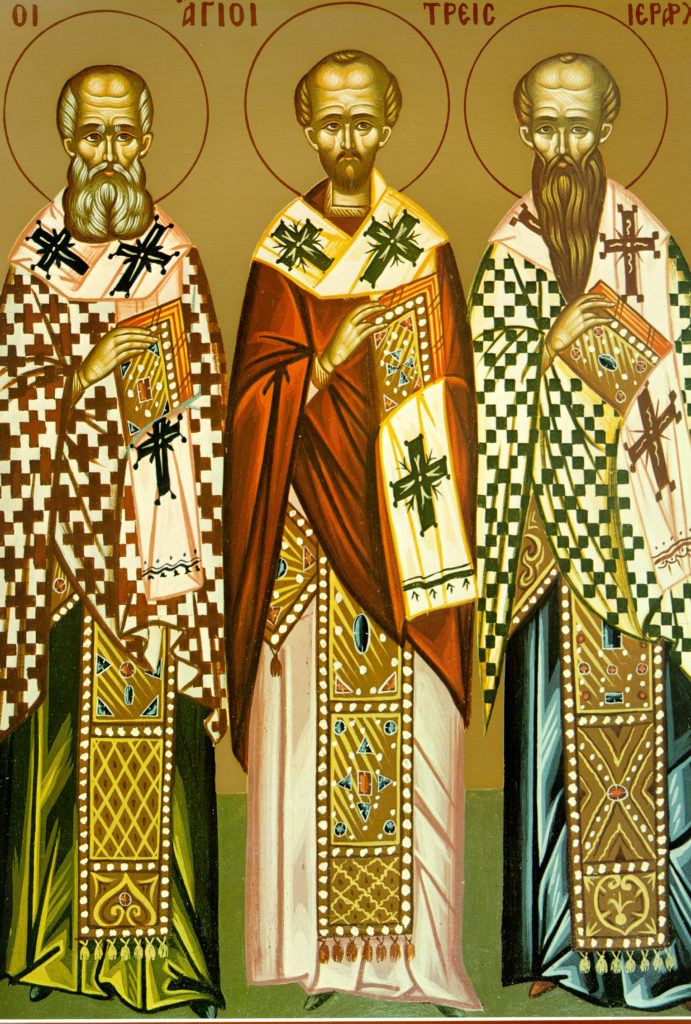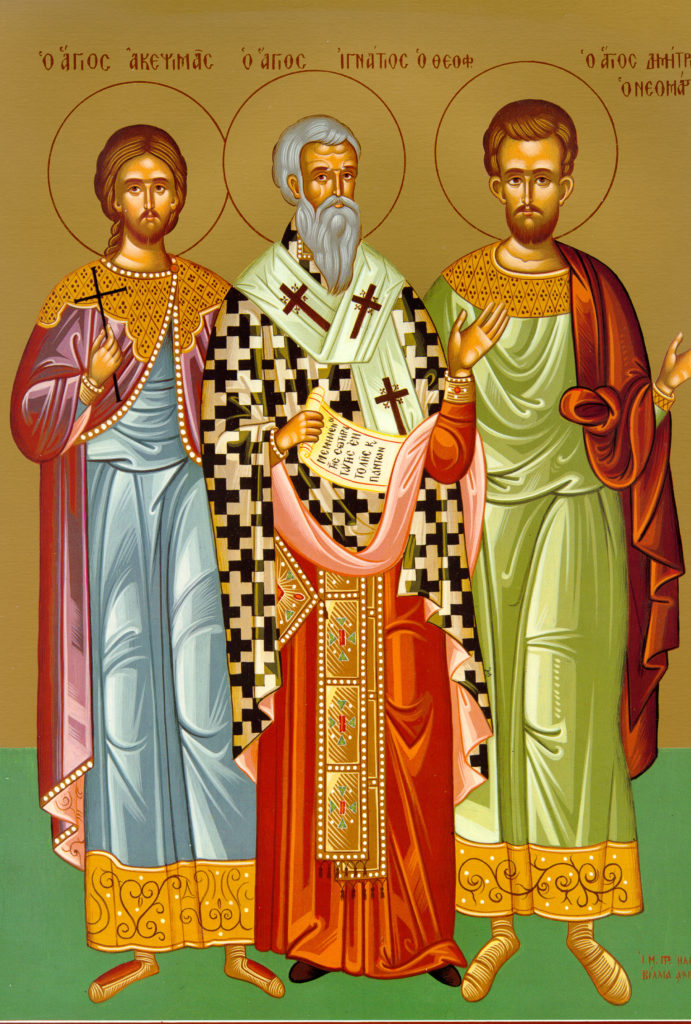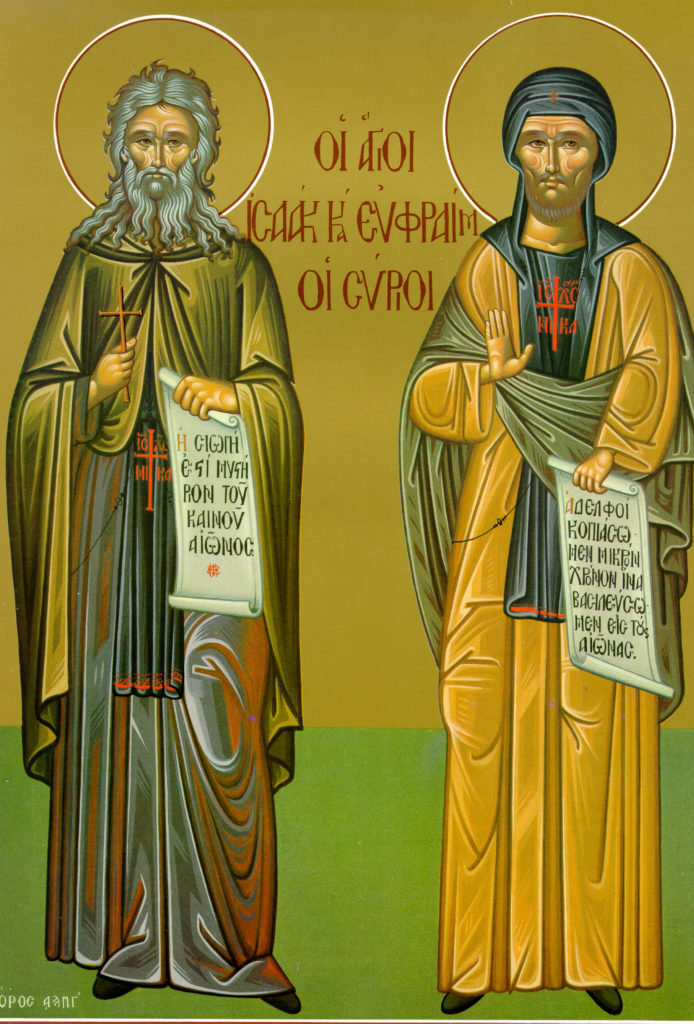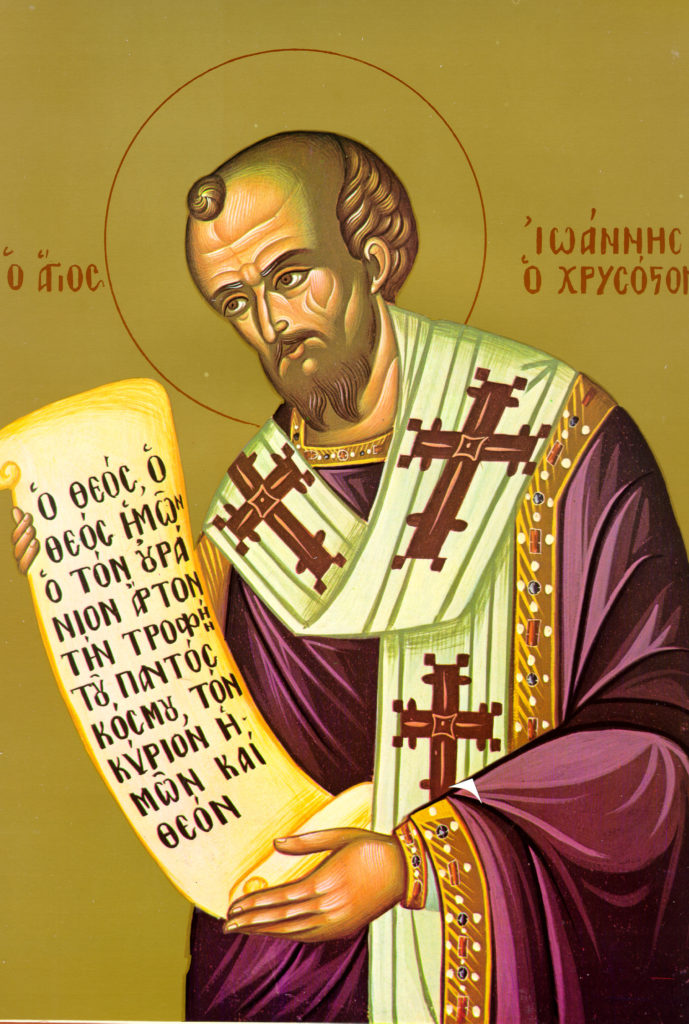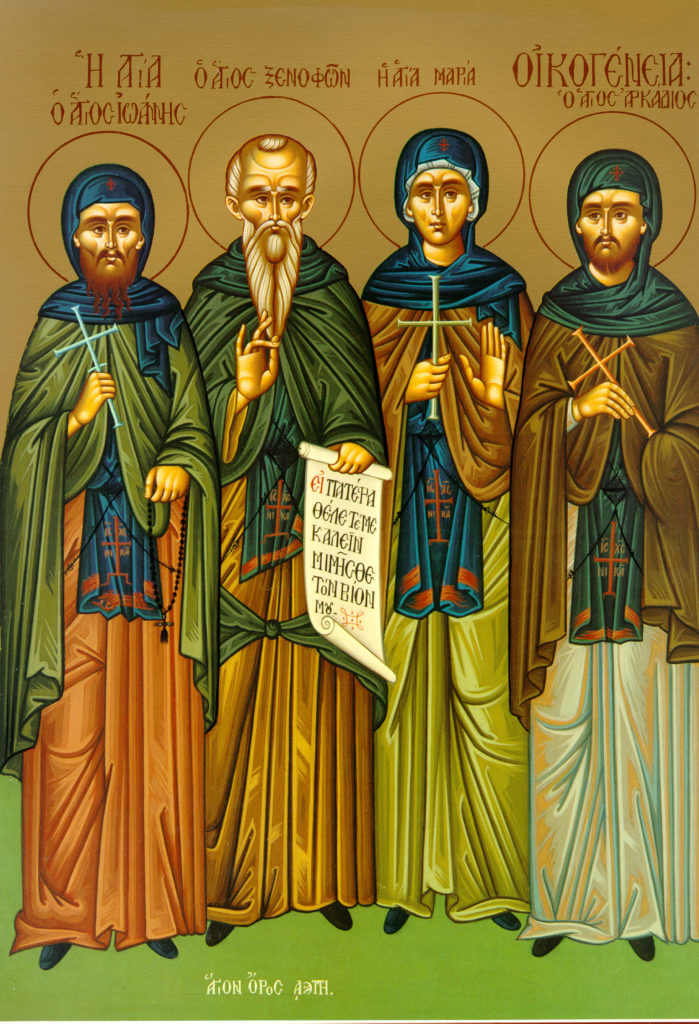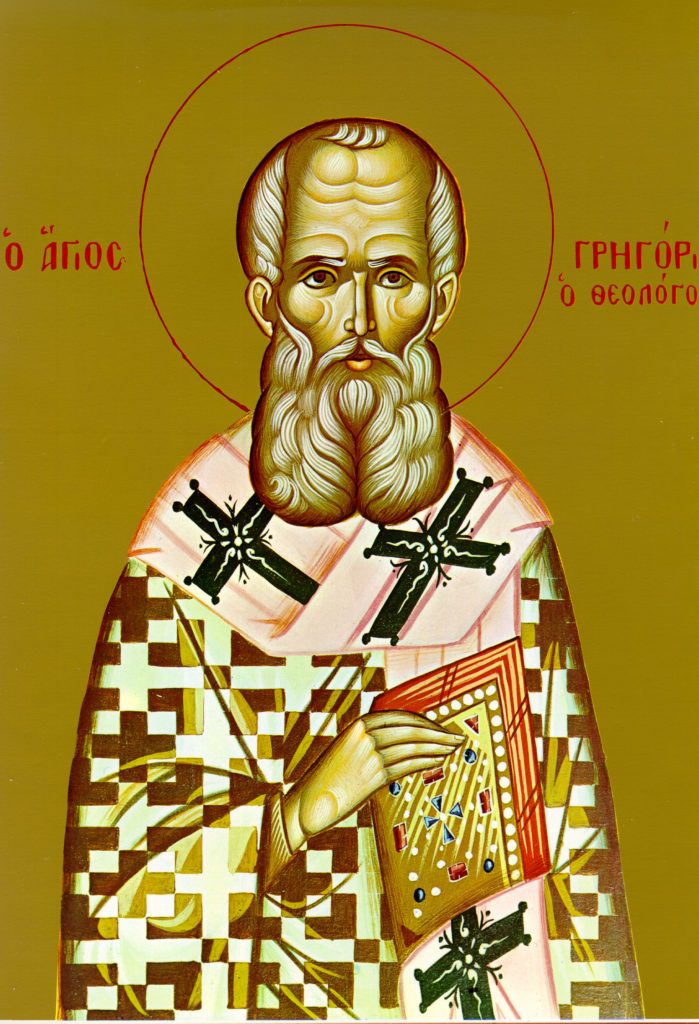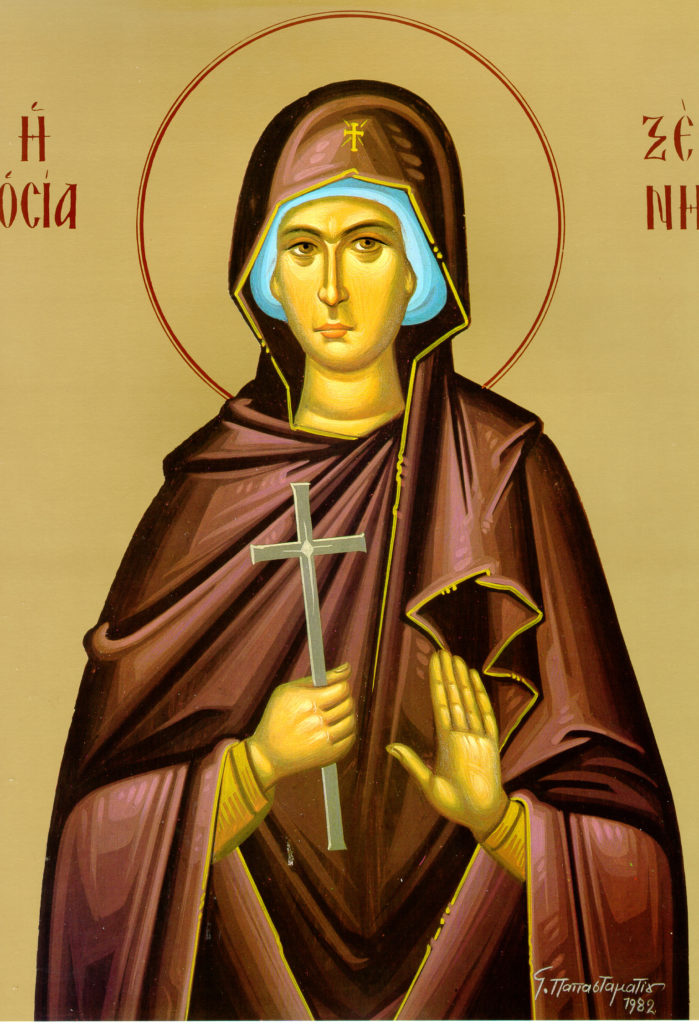SUNDAY OF THE PRODIGAL SON
1 February 2026
WEEKLY SCHEDULE
Saturday, Jan. 31 – Cyrus and John, Unmercenaries
5:00 PM Santa Paula Outreach Divine Liturgy
Sunday, Feb. 1 – Sunday of the Prodigal Son
8:00 AM Matins
9:30 AM Divine Liturgy
12:00 PM Pre-Lenten Retreat with Father Daniel Dozier
2:00 PM Vesper-Liturgy for the Encounter of Our Lord with Simeon
Monday, Feb. 2 – Encounter of Or Lord with Simeon and Anna
8:00 AM Morning Prayer
6:00 PM Santa Paula Outreach Divine Liturgy
Tuesday, Feb. 3 – Synaxis of the Holy Prophet Simeon and Anna
6:30 PM Akathist* for Addictions and Mental Illness
Wednesday, Feb. 4 – Isidore, Venerable
8:30 AM Morning Prayer
6:30 PM Divine Liturgy
7:30 PM Firepit Social
Friday, Feb. 6 – Bucolus, Bishop
6:30 PM Community Sewing Class
Saturday, Feb. 7 – 1st All Souls Saturday
9:30 AM All-Souls Divine Liturgy
5:00 PM Santa Paula Outreach Divine Liturgy
Sunday, Feb. 8 – Sunday of Meat Fare
8:00 AM Matins
9:30 AM Divine Liturgy
12:00 PM Chant Class
*Add first names to this prayer service by emailing niemirick@gmail.com
MYSTERY OF REPENTANCE (Confession)
St. Mary’s: Sundays 8:45 AM or by appointment
Santa Paula: Saturdays 4:15 PM or by appointment
PRAYER REQUESTS
(Please resubmit or submit names to admin@ByzantineLA.com)
The Carlin Family, Michael Hefferon, Shirley Kunze, Diana Mina, Michael Mina, Peter Mina, Fr. John Mina, Lana Zimmerman, Patrick Zimmerman, Shannon O’Neill, Fern Bonowicz, Stephen Petach, Jenny Roman, Nicolese Salazar, and All the sick and suffering of St. Mary’s
WEEKLY DEPOSIT:
Collection: $637.00; Online: $695.00; Santa Paula: $834.02; Candles: $97.00; All Souls Day: $100.00; Building Fund: $250.00;
Total: $2,613.02/ Attendance – PSM: 97 HAR: 72
The Meeting of our Lord with Simeon and Anna
The feast of the Meeting of the our Lord, God, and Savior Jesus Christ, which commemorates the presentation of our Lord by his parents in the Temple in Jerusalem on the fortieth day from His birth, concludes the cycle of winter feasts that are sometimes called the “Feasts of Light”. These feasts — the Nativity, Theophany, and Meeting – have a common focus: the coming of the Messiah into the world, and the beginning of His work of redemption. This feast is celebrated forty days after the feast of the Nativity and is counted one of the Twelve Great Feasts of the church. In the Byzantine Catholic Church, it is a solemn feast-day. It is known as Hypopante in Greek, and Sritenije in Slavonic; both words mean “meeting”.
Meaning of the Feast
Forty days after His birth, the child Jesus was taken by his parents to the Temple in the holy city of Jerusalem, as described in the Gospel according to Saint Luke:
When the day came to purify the child and mother according to the law of Moses, Joseph and Mary brought Jesus up to Jerusalem so that he could be presented to the Lord, for it is written in the law of the Lord, “Every first-born male shall be consecrated to the Lord.” They came to offer in sacrifice “a pair of turtledoves or two young pigeons,” in accord with the dictate in the Law of the Lord.
Thus, the feast of the Meeting emphasizes the obedience of Mary and of Jesus to the law, and the fact that Jesus was truly a man-child born of a woman. In a broader sense, the offering of the child Jesus in the Temple anticipates the sacrifice He was to make on the Cross. His destiny centers on the city of Jerusalem.
In this feast, Simeon and Anna are representatives of the people of the Old Testament who looked forward eagerly to the coming of the Messiah. Recognizing Him, they praise God. The words of the elder Simeon have become a fixed part of the service of Vespers in the Byzantine (and Compline in the Latin Rite), hailing the coming of the Lord as a light in darkness. This light is the seen as the light of spiritual illumination, and revelation – particularly the revelation of God’s saving plan to both the people of Israel, and the people of “the nations” outside Israel. (From mci.archpitt.org, see first link in this week’s email)
Sewing Class
Our Sewing, Mending, and Embroidery class will begin to create hand embroidered Pascha backet covers starting Friday Feb. 6. All supplies will be provided for a $50 fee. We will meet every Friday at 6:30pm during the Great Fast to complete this project.
Book Club
Beginning during the Great Fast we will have a book club discussion following our usual Sunday social. The book we will be beginning with is “Our Thoughts Determine Our Lives” by Elder Thaddeus of Vitovnica. If you wish to participate, you can order a copy from Holy Cross Monastery, or the Ancient Faith Store, or on Kindle. Fr. Michael also has a few extra copies available for $20.
“All that is mine is yours.” The merciful Father welcomed the Prodigal Son and showed love to his brother when he questioned that profound love which gave all that was his to his children. Are you open to share that love of the Father by a vocation to the priesthood, diaconate, religious or monastic life? If so, contact the Vocations Office at 602-861-9778 or email: vocations@ephx.org


